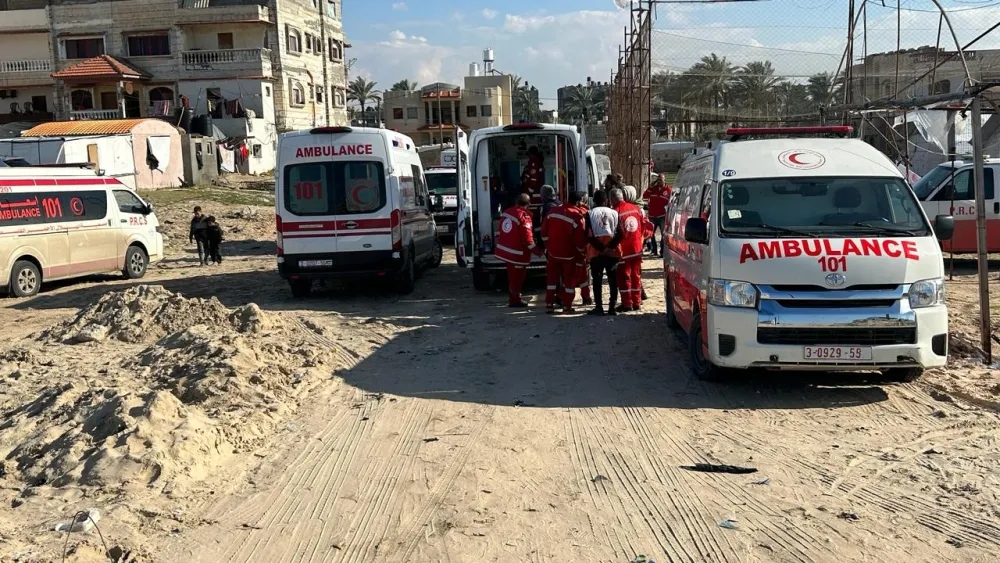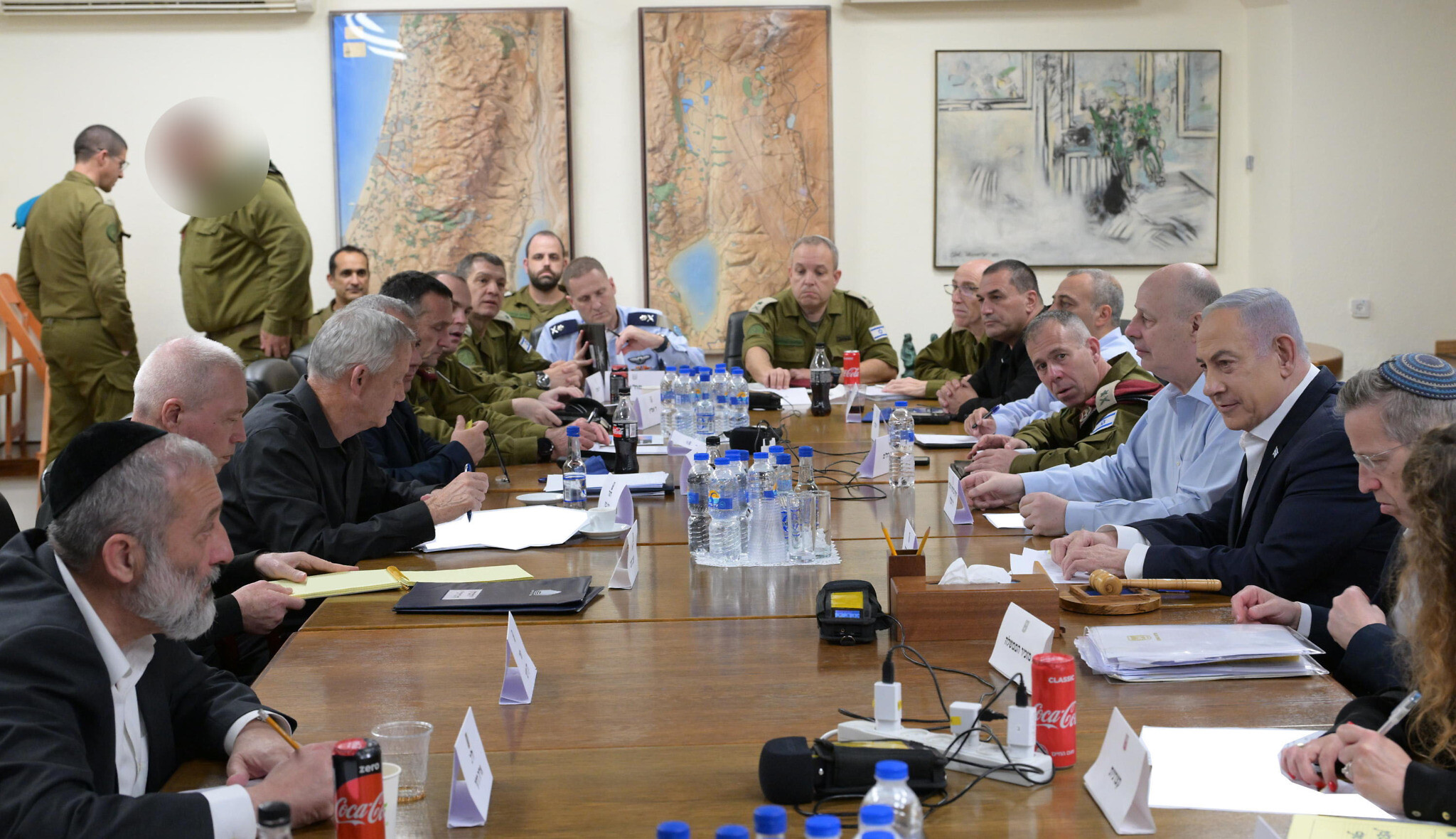Gaza Aid Groups Prepare for Potential Israeli Invasion
As tensions escalate between Israel and Gaza, particularly
focusing on the potential invasion of Rafah, aid organizations are on high
alert, bracing for the humanitarian fallout. With Israel's persistent threats
of a full-scale assault, local, regional, and international aid groups are
mobilizing to mitigate the anticipated catastrophic impact on the already-strained
humanitarian situation in Gaza.
Dr. Bashar Murad, Executive Director of the Palestinian Red
Crescent in Gaza, acknowledges the seriousness of Israel's threats and the need
for proactive measures. The looming threat has prompted aid organizations to prepare
for the worst, given the devastating precedents set by Israeli military actions
in other parts of Gaza.
The coastal region of al-Mawasi has become a hub for aid
efforts, despite being declared a 'safe zone' by Israel. Displaced individuals
from various parts of Gaza have sought refuge in al-Mawasi, prompting aid
groups to establish new displacement camps, medical facilities, food
warehouses, and other essential infrastructure in anticipation of further
influxes from Rafah.
However, Israel's obstruction of aid deliveries and
humanitarian activities within Gaza poses significant challenges. The lack of
basic infrastructure in al-Mawasi exacerbates the difficulties faced by aid
groups in establishing facilities and procuring supplies.
Despite these obstacles, visible progress is evident, with
the establishment of medical clinics, community kitchens, aid distribution
points, and temporary field offices. Yet, activists like Dawoud al-Astal warn
that these efforts may prove futile in the event of an Israeli invasion of
Rafah.
Concerns mount over the impending assault on Rafah, the last
major urban area in Gaza yet to experience a large-scale Israeli ground
offensive. With an estimated population of 275,000 before the conflict, Rafah
has become a haven for displaced individuals from other parts of Gaza, further
intensifying fears of a humanitarian crisis.
Global leaders, including US President Joe Biden, have urged
Israel to exercise restraint, but Israeli Prime Minister Benjamin Netanyahu
remains steadfast in his determination to proceed with the invasion, citing the
need to dismantle Hamas.
Six months into the conflict, Gaza faces dire humanitarian
conditions, with over a million people on the brink of famine, tens of
thousands killed, and widespread displacement. Israel's recent pledge to
increase humanitarian access follows the killing of aid workers, but doubts
linger regarding its effectiveness in addressing Gaza's immense needs.
The devastation inflicted on Gaza's healthcare system
further exacerbates the humanitarian crisis, with the majority of hospitals
rendered inoperable. Aid organizations like the Palestinian Red Crescent have
established additional medical facilities to compensate for the loss of
healthcare infrastructure.
However, limited supplies and capacity constraints hinder
efforts to address critical medical needs, especially in the event of a mass
displacement from Rafah.
As preparations intensify, challenges persist, including
logistical constraints, infrastructure deficiencies, and uncertainty
surrounding the timing and scale of Israel's offensive. Despite ongoing efforts
to provide aid and support to displaced individuals, the resources available
remain insufficient to meet the growing needs.










.jpg)